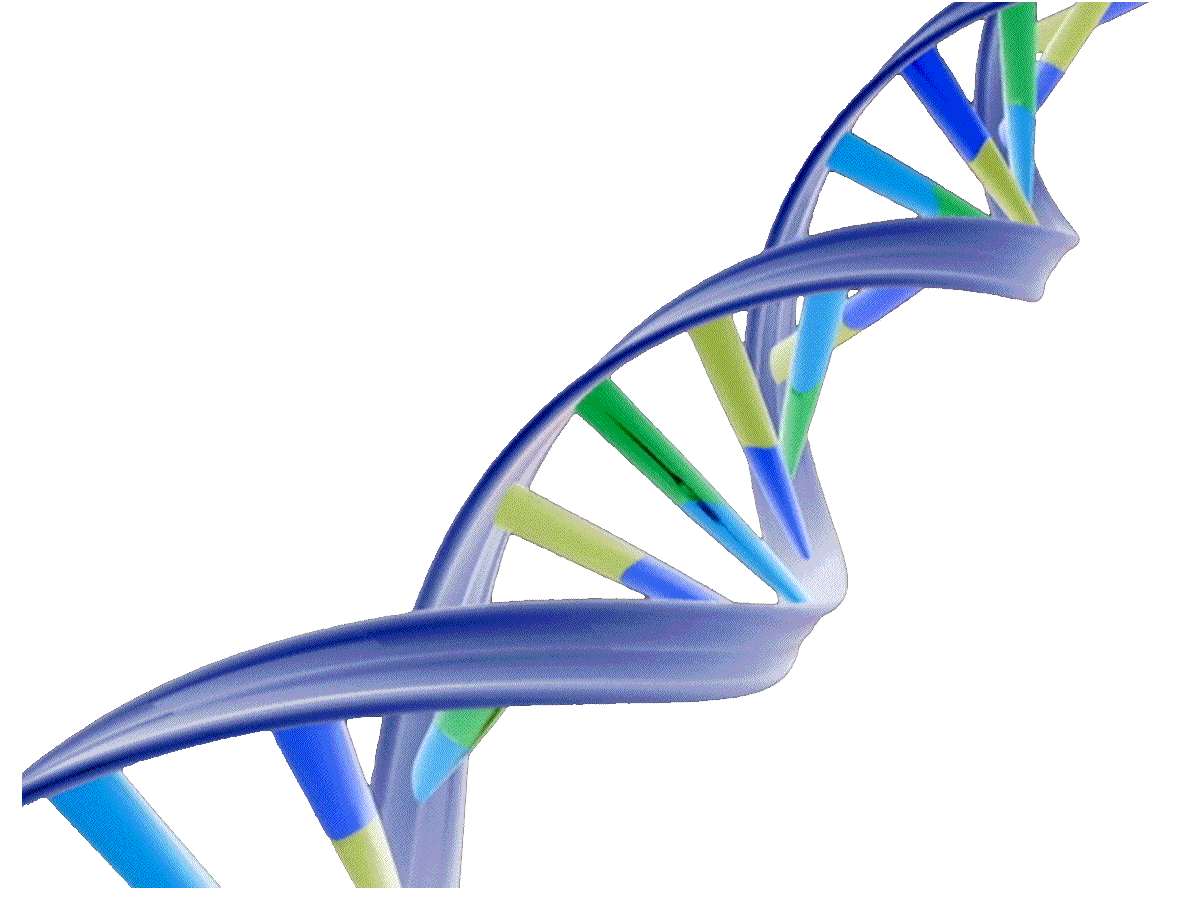 Professor of Genetics Scott Williams, PhD, of the Institute for Quantitative Biomedical Sciences (iQBS) at Dartmouth’s Geisel School of Medicine, has made two novel discoveries: first, a person can have several DNA mutations in parts of their body, with their original DNA in the rest—resulting in several different genotypes in one individual—and second, some of the same genetic mutations occur in unrelated people. We think of each person’s DNA as unique, so if an individual can have more than one genotype, this may alter our very concept of what it means to be a human, and impact how we think about using forensic or criminal DNA analysis, paternity testing, prenatal testing, or genetic screening for breast cancer risk, for example. Williams’ surprising results indicate that genetic mutations do not always happen purely at random, as scientists have previously thought. His work, done in collaboration with Professor of Genetics Jason Moore, PhD, and colleagues at Vanderbilt University, was published in PLOS Genetics journal on November 7, 2013.
Professor of Genetics Scott Williams, PhD, of the Institute for Quantitative Biomedical Sciences (iQBS) at Dartmouth’s Geisel School of Medicine, has made two novel discoveries: first, a person can have several DNA mutations in parts of their body, with their original DNA in the rest—resulting in several different genotypes in one individual—and second, some of the same genetic mutations occur in unrelated people. We think of each person’s DNA as unique, so if an individual can have more than one genotype, this may alter our very concept of what it means to be a human, and impact how we think about using forensic or criminal DNA analysis, paternity testing, prenatal testing, or genetic screening for breast cancer risk, for example. Williams’ surprising results indicate that genetic mutations do not always happen purely at random, as scientists have previously thought. His work, done in collaboration with Professor of Genetics Jason Moore, PhD, and colleagues at Vanderbilt University, was published in PLOS Genetics journal on November 7, 2013.
Genetic mutations can occur in the cells that are passed on from parent to child and may cause birth defects. Other genetic mutations occur after an egg is fertilized, throughout childhood or adult life, after people are exposed to sunlight, radiation, carcinogenic chemicals, viruses, or other items that can damage DNA. These later or “somatic” mutations do not affect sperm or egg cells, so they are not inherited from parents or passed down to children. Somatic mutations can cause cancer or other diseases, but do not always do so. However, if the mutated cell continues to divide, the person can develop tissue, or a part thereof, with a different DNA sequence from the rest of his or her body.
“We are in reality diverse beings in that a single person is genetically not a single entity—to be philosophical in ways I do not yet understand—what does it mean to be a person if we are variable within?” says Williams, the study’s senior author, and founding Director of the Center for Integrative Biomedical Sciences in iQBS. “What makes you a person? Is it your memory? Your genes?” He continues, “We have always thought, ‘your genome is your genome.’ The data suggest that it is not completely true.”
